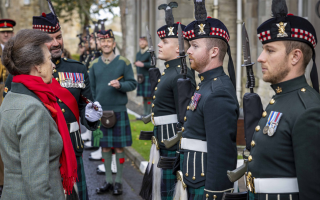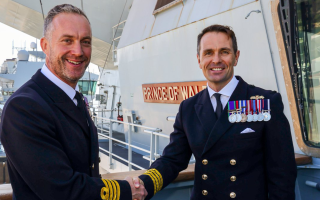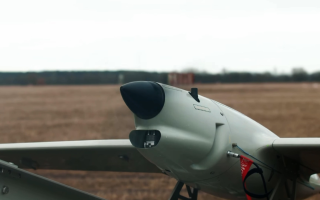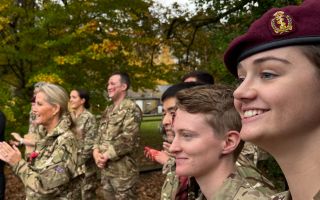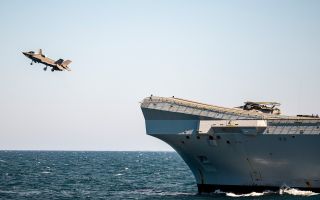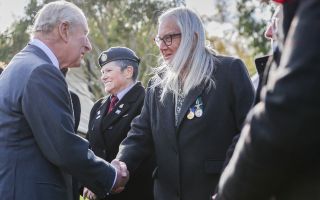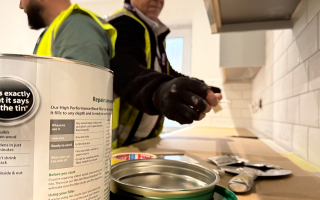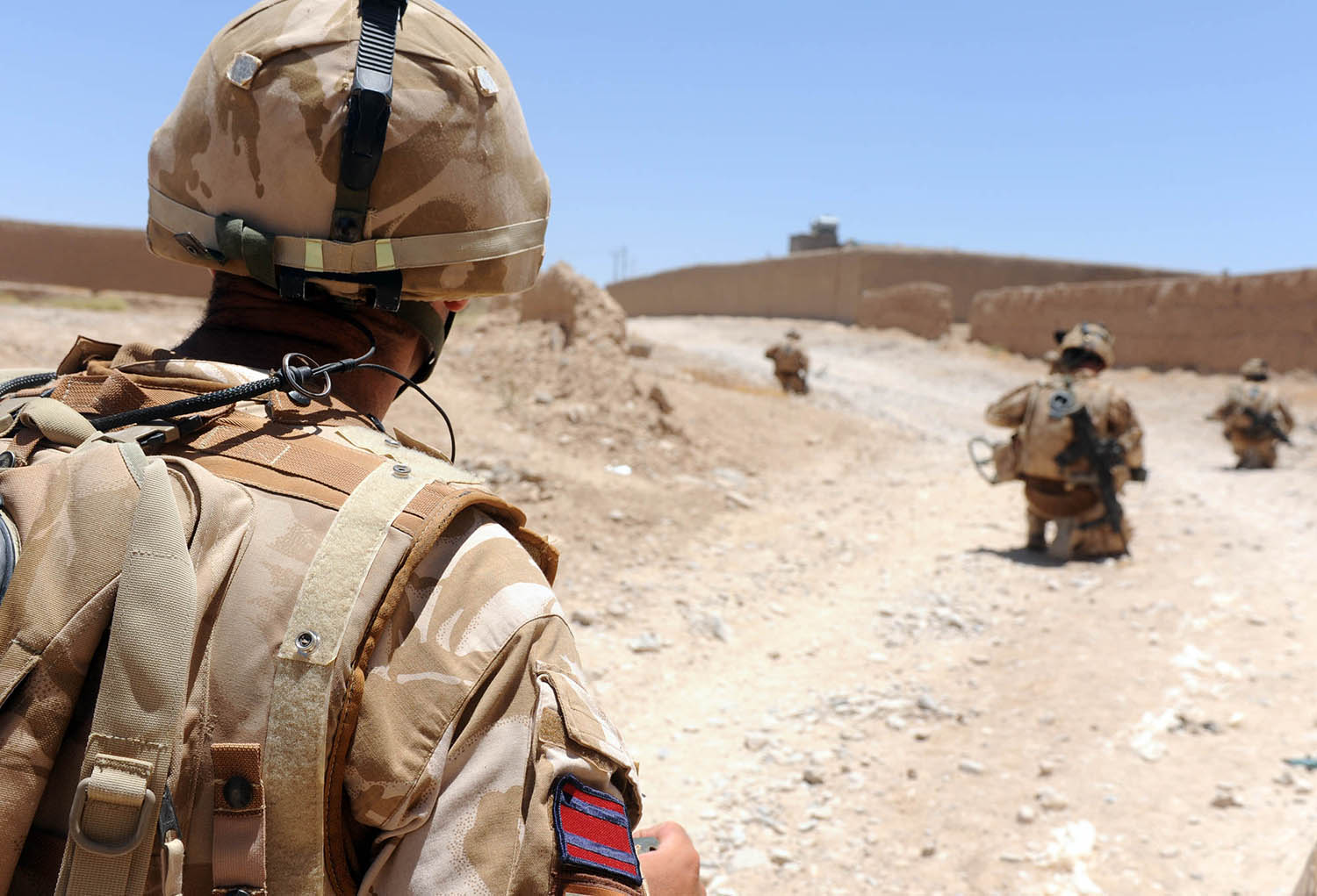
Tri-Service
Blair: UK Should Take Part In 'Ground War' Against Daesh

Tony Blair has called for British troops to return to Iraq to take on Daesh.
The former Prime Minister admitted British forces could take casualties as they supported local troops taking on the terrorist group in Iraq and Syria.
He stressed that Daesh had to be tackled before it could make further inroads in Libya and said to defeat the militants "you are going to have to go and wage a proper ground war against them".
Tony Blair in Munich in 2014. Image: Müller / MSC
Speaking in Westminster, the ex-Labour leader said:
"There is no way of defeating these people without defeating them on the ground. Air strikes are not going to defeat ISIS, they have got to be tackled on the ground."
Mr Blair said this did not mean British troops would necessarily be fighting but "could be in support" in the fight against Daesh.
He added: "You have got to defeat these people on the ground. The armed forces of America, the UK, France, other major countries have both experience and capability so even if we are using them in support of local forces, you have just got to decide what our objective is."
"Is our objective to defeat this enemy? My answer to that is yes."
He said it would be "profoundly irresponsible" to allow Daesh to take over a large area of Libya which would help them expand their influence.
"We are not being honest with our public if we are saying it is possible to defeat these people without making the commitment to defeat them and to do what it takes to defeat them."
"In my view, defeating them is absolutely fundamental because if we don't defeat them they are going to come and attack us here. This is not someone else's fight, it is our fight as well."
Asked whether the legacy of Iraq meant it was more difficult for a UK leader to deploy troops overseas, Mr Blair said: "You can describe it as a legacy or describe it as a fact that arises from the nature of the conflict."
He refused to be drawn on the findings of the Chilcot report into the Iraq war, which is expected to severely criticise him and his ministers, but admitted: "We underestimated profoundly the forces that were at work in the region and that would take advantage of the change once you topple the regime.
"That's the lesson. The lesson is not actually complicated, the lesson is simple, it's that. It's that when you remove a dictator, out come these forces of destabilisation, whether al Qaida on the Sunni side or Iran and its militia on the other side."


